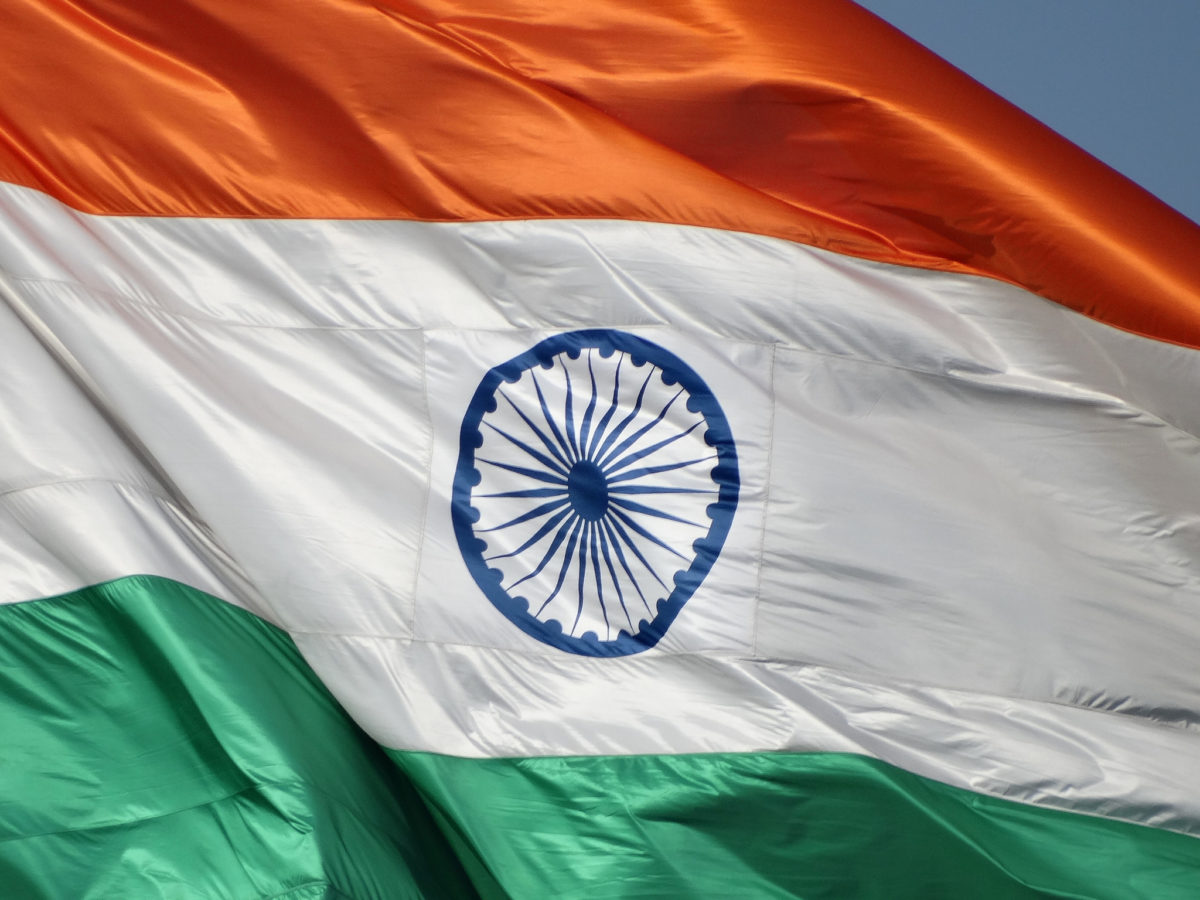The Covid-19 outbreak has started taking its toll on the Indian solar industry as manufacturing and installation activities come to a halt under 21-day country-wide lockdown.
The industry, which is heavily dependent on imports, was already facing components shortage due to manufacturing disruptions in China as the virus raged India’s main supplier.
Now that Covid-19 spreads to India, there is a complete shutdown of industrial activity in the country at least till 14 April.
“Equipment makers may not be able to resume production immediately after that as state governments might continue to curb non-essential work. Access to imported cells and wafers will also be delayed as most ports have temporarily stopped operating. The disruption of manufacturing and supply chain in China was the main cause of falling imports in February. Now with the Covid-19 outbreak in India, PV imports in 1Q 2020 will fall by as much as 75% compared to 4Q 2019,” BloombergNEF Head of India Research Shantanu Jaiswal told pv magazine.
Jaiswal also lowered annual capacity addition forecast for India as he said, “Power producers too have stopped all site work and annual [solar] installations this year are now forecast at 6.8 GW (AC), down 20% from earlier projections.”
Stimulus
The government has allowed solar developers to invoke force majeure if they miss project deadlines because of coronavirus-prompted supply chain disruption—a move seen as a big relief to the industry.
BloombergNEF Head of Solar Analysis Jenny Chase told pv magazine: “Honestly, it’s impossible to see the Indian 21-day shutdown as good for the solar industry in the country (which is not to comment on whether it is good for the country!). However, there’s no reason why it should be particularly terrible either, especially if commissioning deadlines are extended.”
The Covid-19 impact on solar is likely to be temporary, even as it’s likely to cause serious project delays with everyone across the whole value chain working less and less effectively.
“Most solar operations can be put on hold and resumed when ready. It does mean that Indian manufacturers may be even less competitive than the Chinese ones which are back up and running, but I expect most developers which have locked in contracts with Indian ones will wait,” said Jenny Chase, adding “lower interest rates as a result of stimulus are, if anything, good for renewables.”
According to Shantanu, “Apart from getting people back to work, the role of banking industry will also be important to make sure all participants have enough liquidity to keep the industry moving. Regular communication with the central and state governments can also help anticipate and alleviate problems that the industry might face when resuming operations.”
This content is protected by copyright and may not be reused. If you want to cooperate with us and would like to reuse some of our content, please contact: editors@pv-magazine.com.









1 comment
By submitting this form you agree to pv magazine using your data for the purposes of publishing your comment.
Your personal data will only be disclosed or otherwise transmitted to third parties for the purposes of spam filtering or if this is necessary for technical maintenance of the website. Any other transfer to third parties will not take place unless this is justified on the basis of applicable data protection regulations or if pv magazine is legally obliged to do so.
You may revoke this consent at any time with effect for the future, in which case your personal data will be deleted immediately. Otherwise, your data will be deleted if pv magazine has processed your request or the purpose of data storage is fulfilled.
Further information on data privacy can be found in our Data Protection Policy.